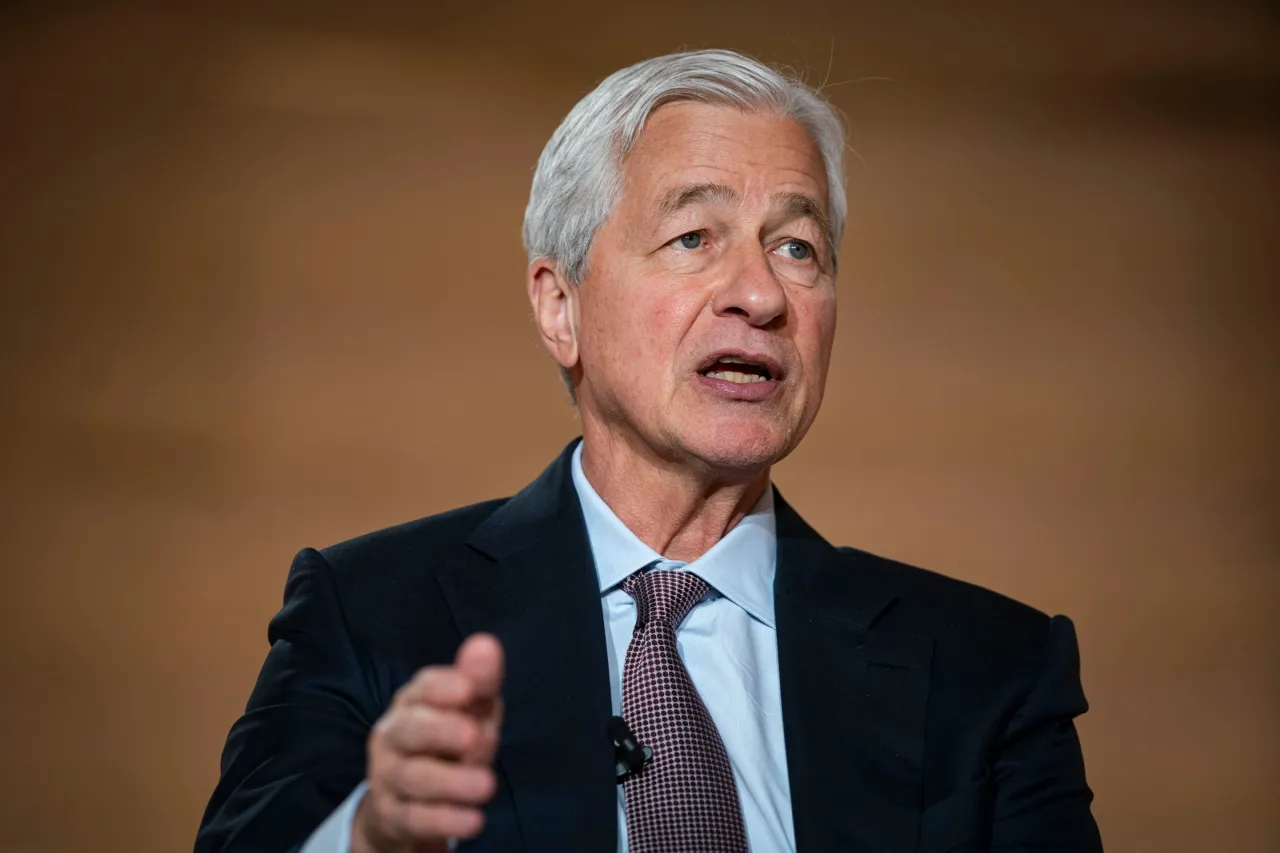The Entertainer, one of the UK’s major toy retailers, has announced it will no longer open two planned stores following the government’s recent decision to increase National Insurance (NI) contributions for employers. The tax hike, announced in last week’s Budget, has triggered concerns across industries, with top UK firms warning that it could drive up consumer prices and dampen expansion within the country.
Andrew Murphy, Chief Executive of The Entertainer, told the BBC that the increased NI costs, along with a lower threshold for employers, made the new store openings financially unfeasible. The Entertainer, which operates 166 stores and employs 2,000 people, has also put a freeze on head office hiring due to the heightened tax burden. “We understand the government’s goals, but it’s the balance of these measures that has tipped things,” Murphy said, adding that viability assessments for the two new stores were complete just before the tax changes were announced.
From next April, the employers’ NI rate will rise from 13.8% to 15%, and the threshold at which firms begin paying the tax will be lowered from £9,100 to £5,000, moves the Treasury estimates will generate about £25 billion annually. Labour leaders argue that the funds are essential for restoring stability and growth, following two NI cuts under the Conservative government that reduced revenues by £20 billion.
Sainsbury’s Chief Executive Simon Roberts also voiced concern, estimating that the NI increase will cost the supermarket giant around £140 million, which could contribute to rising inflation and ultimately lead to higher prices for consumers. “We’re all facing rising costs, and this tax change will only intensify inflationary pressures,” Roberts said.
Retailers aren’t the only ones worried. Arnab Basu, CEO of the technology firm Kromek, which specializes in radiation detection, said that the recent tax changes make the U.S. a more attractive option for expansion, especially as President-elect Donald Trump plans to slash U.S. corporation tax and reduce energy costs for domestic manufacturers. “The U.S. is increasingly compelling for investment,” Basu noted, adding that lower U.S. tax rates and energy costs could heavily influence Kromek’s growth plans.
George Weston, CEO of Associated British Foods, which owns Primark, echoed these concerns, hinting at shifting investments away from the UK due to the increasing tax burden. “We’re an international business, and we have choices about where to allocate our resources,” Weston said.
Chancellor Rachel Reeves defended the Budget, stating that while she’s open to critique, the NI increases are critical to stabilizing the UK’s finances. The Treasury, meanwhile, said it is committed to boosting growth and rebuilding Britain’s economy, emphasizing that difficult choices were necessary to “fix the foundations of the country.”
For The Entertainer and many other UK businesses, the NI hike is more than a budgeting inconvenience—it may shape where they choose to grow in the future, especially if other countries offer lower-tax environments and competitive advantages.




